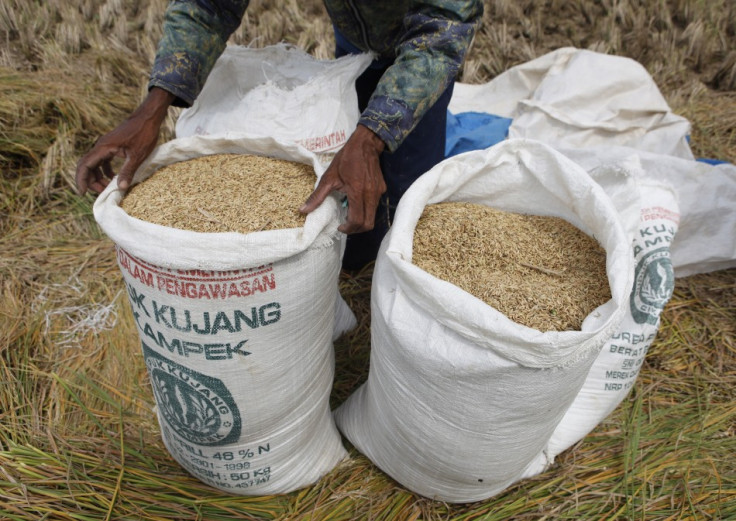World Food Prices Continue to Soar; Oils and Fats Prices Leap - UN

World food prices have risen for the third straight month, driven by the increasing cost of global dietary staples oils, fats and cereals prices, according to the United Nations (UN) Food Price Index.
The price index figure continues to edge towards its all-time high, as soaring fuel prices and low food supplies boost food price inflation.
"Among the various commodity groups, only oils prices showed strength, compensating for falling dairy quotations, while the indices of cereals, sugar and meat prices were largely unchanged from last month's level," said the UN Food and Agriculture Organisation (FAO), which compiles the monthly index.
March's index figure for overall food prices is 215.9, up nearly one point on the previous month. The index peaked at 237.9 in February 2011, triggering violence and political unrest in parts of North Africa and the Middle East.
The US Department of Agriculture said last month it expects domestic soybean crops to fall 1.4 percent this year to the lowest level since 2007. The EU said Wednesday it expects this year's wheat harvest to rise 2 percent to 131.4m metric tonnes, although private figures from farm adviser Offre & Demande Agricole suggest the dry winter will pare estimates by nearly 5 percent.
The FAO report said the oils and fats component of the index saw their price index leap over six points in March to 244.9.
Meat prices also rose, by almost a point to 178.2, while cereals increased by nearly one point on February to 227.
Dairy prices plunged by five points to 197 in March, from 202 the month before.
Sugar remained largely unchanged across the month.
"All the dairy products manifested weakness last month, in particular butter, but also skim milk powder and casein," the FAO said.
"Since reaching record levels in March 2011, dairy prices have followed a downward trend, as supplies rose in Oceania, Europe and North America.
"Overall, sugar prices were volatile, as the market looked for direction ahead of the beginning of the new season in Brazil, the world's largest sugar producer and exporter.
"India, the EU and Thailand, have all reported increased output, which contributed to keeping prices below their high levels of last season."
India's recent announcement to allow 1 million tonnes more sugar exports "also weighed on prices".
Less Rain in East Africa Threatens Food Supply
Rainfall on the eastern Horn of Africa could be as low as 60 percent below average for the March to May season, with huge potential impacts on food production in the region.
It will likely affect food security in the area, which includes Somalia and Ethiopia, warns the Famine Early Warnings System Network (FEWS).
"In the worst‐case scenario, rainfall would be less than 60 percent of average, and would represent a major failure of the sub‐region's main season, similar to seasonal performance in 2000 and 2011, two very dry years," said the FEWS special report.
"There is a 30 percent chance of the worst case scenario.
"In either case, poor seasonal performance is likely to negatively affect food security in a region still recovering from an emergency/famine in 2011.
"An expansion in the size of the food insecure population and an increase in the severity of food insecurity is likely."
FEWS is urging humanitarian organisations to "immediately implement programs to protect livelihoods and household food consumption in the eastern Horn of Africa".
During 2011's famine in the region, 12m people were in need of food aid and tens of thousands died from hunger.
© Copyright IBTimes 2025. All rights reserved.






















